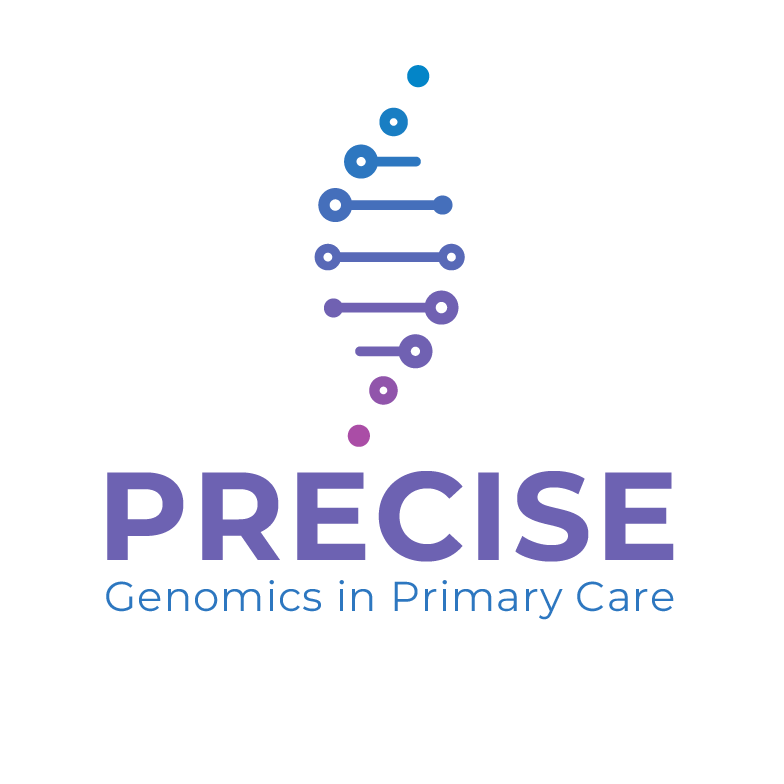Falls: finding evidence across the Twitterverse and elsewhere
Twitterverse
I follow a few people on Twitter who are involved in Geriatrics and it’s a useful way to hear of interesting discussions or guidelines. Recently I saw a tweet by an Irish geriatrician about “evidence-based falls’ prevention”, which turned out to be an extract from a presentation by Sydney based Professor Stephen Lord. I had previously invited him to speak to GP registrars and his summary of what works in primary care was one of the most useful summaries I had heard and I refer to it often.
Evidence-based falls prevention
The visual presentation on slides 32-34 is more memorable but a written summary is as follows:
- Strong evidence for: high-level balance exercise (eg Otago or Tai Chi), vitamin D in Residential Aged Care (RACF);
- Medium evidence for: OT and multidisciplinary assessment in high-risk patients, step training, comprehensive geriatric assessment in RACF;
- Less strong evidence for: first cataract surgery, multifocal restriction, medication review, ceasing psycho-active medications, podiatry for foot pain.
This seemed an appropriate topic following on from my brief summary of the new osteoporosis guidelines. Whilst writing that I had tried out the online fracture risk tools on myself. Ironically, however, two days after I finished the article I fell from my push bike, fracturing my radius (from standing height so, technically, a minimal trauma fracture). My previously reassuring “fracture risk” has doubled overnight. It was a useful reminder that risk tools are just that, and also that your patient’s risk is never zero, however reassuring it looks. Sometimes crucial factors are absent from the algorithm.
Patient-focussed EBM
Two weeks later during my dental appointment, in an unexpected tangent, my dentist alerted me to a talk he had heard by Trisha Greenhalgh (Professor of Primary Health Care in Oxford and whom I also follow on Twitter). The talk, entitled Real vs Rubbish EBM, describes her own experience of a high impact fall off her bike which resulted in several fractures. Because she turned 55 in hospital, she entered the “falls algorithm”. It’s well worth watching the lecture for an approach to patient-focussed EBM as well as issues related to the implementation of guidelines. Watch it here

Become a member and get unlimited access to 100s of hours of premium education.
Learn moreGenetic testing in general practice: Dr. Alan Ma explains which tests GPs can order, when to refer, and how the PRECISE portal supports confident testing and referral decisions.
MyMedicare is now part of routine general practice, with practical implications for billing, continuity of care, and practice systems. This FastTrack clarifies important points regarding eligibility, impacts on the GPCCMP billing, and how to avoid rejected claims. 30mins each RP and EA available.
Genomics is now part of everyday general practice. The PRECISE Genomics in Primary Care hub gives Australian GPs fast, practical tools to recognise genetic red flags, guide testing and support timely referrals.

